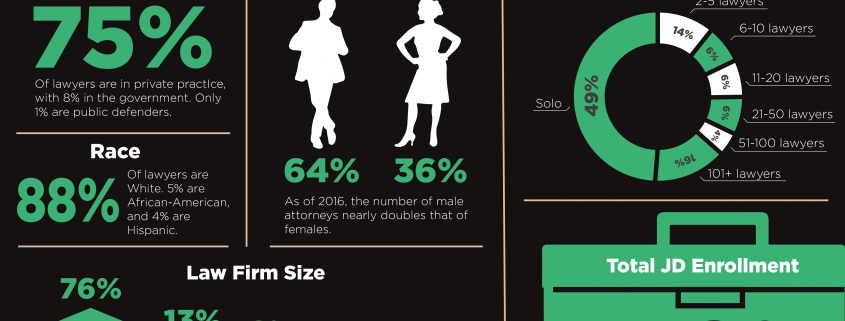Behind The Scenes: Psychology Of Clerical Criminals
Behind The Scenes: Psychology Of Clerical Criminals
Blog Article
Post By-Parks Putnam
Did you recognize that behind the sleek appearance of clerical bad guys exists a complex internet of psychological motivations? While lots of may presume that these people are driven solely by greed, the truth is even more fascinating.
Delving into the minds of clerical criminals reveals an interesting blend of personality traits, societal variables, and hidden needs that add to their illegal activities. Recognizing the psychology behind these criminal activities not only clarifies the motivations behind them, however likewise elevates profound concerns regarding our very own susceptability to lure.
So, what makes these people tick? Join us as we discover the fascinating world of white collar lawbreakers and reveal the complex operations of their minds.
Inspirations for White Collar Crimes
White collar criminals are encouraged by different elements that drive them to engage in prohibited tasks for individual gain.
criminal fraud lawyers of the main motivations for these people is economic greed. They agree to break the legislation in order to accumulate wide range and preserve an extravagant lifestyle.
The need for power and condition is another substantial incentive for white collar wrongdoers. https://www.palmbeachpost.com/story/news/courts/2022/07/14/dave-aronberg-hires-top-defense-lawyers-bid-seal-ex-wife-statement/10048882002/ think that engaging in illegal activities will certainly boost their social standing and provide a sense of dominance and control.
Furthermore, some white collar bad guys are inspired by a feeling of entitlement. They think that they deserve greater than what they have actually and agree to cross moral limits to achieve their wanted degree of success.
Ultimately, these inspirations add to the high prevalence of clerical criminal offenses in culture.
Mental Qualities of White Collar Criminals
As we discover the mental attributes of people associated with white collar criminal offenses, it ends up being evident that their motivations for taking part in illegal activities are deeply linked with their character qualities and attitude.
Clerical lawbreakers usually exhibit certain mental attributes that add to their participation in deceptive or deceiving actions. One such trait is an enhanced feeling of entitlement. These individuals commonly think that they are entitled to greater than what they have, leading them to participate in prohibited tasks to acquire wealth or standing.
Additionally, white collar bad guys have a tendency to have a high degree of vanity. They have a filled with air sense of self-importance, do not have empathy for others, and are driven by a need for appreciation and acknowledgment.
Last but not least, they frequently show a tendency for risk-taking, as they believe they can outsmart the system and avoid detection.
Understanding these mental attributes can give important insights into the frame of mind of white collar lawbreakers and help in the growth of efficient prevention and treatment strategies.
Societal Influence of Clerical Crimes
The effect of white collar criminal offenses on society is far-reaching and multifaceted. These criminal activities have considerable repercussions that expand past the individuals directly entailed. Here are 4 ways in which clerical criminal offenses affect society:
- ** Economic damage **: White collar crimes can result in monetary losses for individuals, businesses, and even whole economic situations. These criminal activities can disrupt markets, weaken capitalist confidence, and cause task losses.
- ** Trust disintegration **: Clerical criminal activities erode trust in establishments and people. When people witness high-level specialists participating in unlawful tasks, it reduces their confidence in the system and can bring about a basic skepticism in the direction of authority.
- ** Social inequality **: White collar crimes usually target susceptible individuals or communities, aggravating existing social inequalities. https://storage.googleapis.com/ryangarryllcattorney/ryangarryllcattorney.html can broaden the space between the rich and the poor and continue systemic oppression.
- ** Legal and regulatory changes **: White collar criminal activities prompt the application of stricter laws and policies. Culture typically reacts to these criminal activities by passing measures to prevent similar events in the future, guaranteeing better accountability and openness.
The social effect of white collar criminal activities can not be underestimated, as it influences individuals, neighborhoods, and the total material of culture.
Conclusion
Finally, the psychology behind clerical offenders exposes an intricate web of motivations and traits. These individuals are driven by greed, power, and a feeling of entitlement, which can have significant consequences for culture.
It's important to remember that not all criminal offenses are dedicated by those we might typically connect with criminal habits. As the stating goes, 'the wolf in lamb's garments,' reminds us to continue to be alert and wonder about real intentions of those around us.
